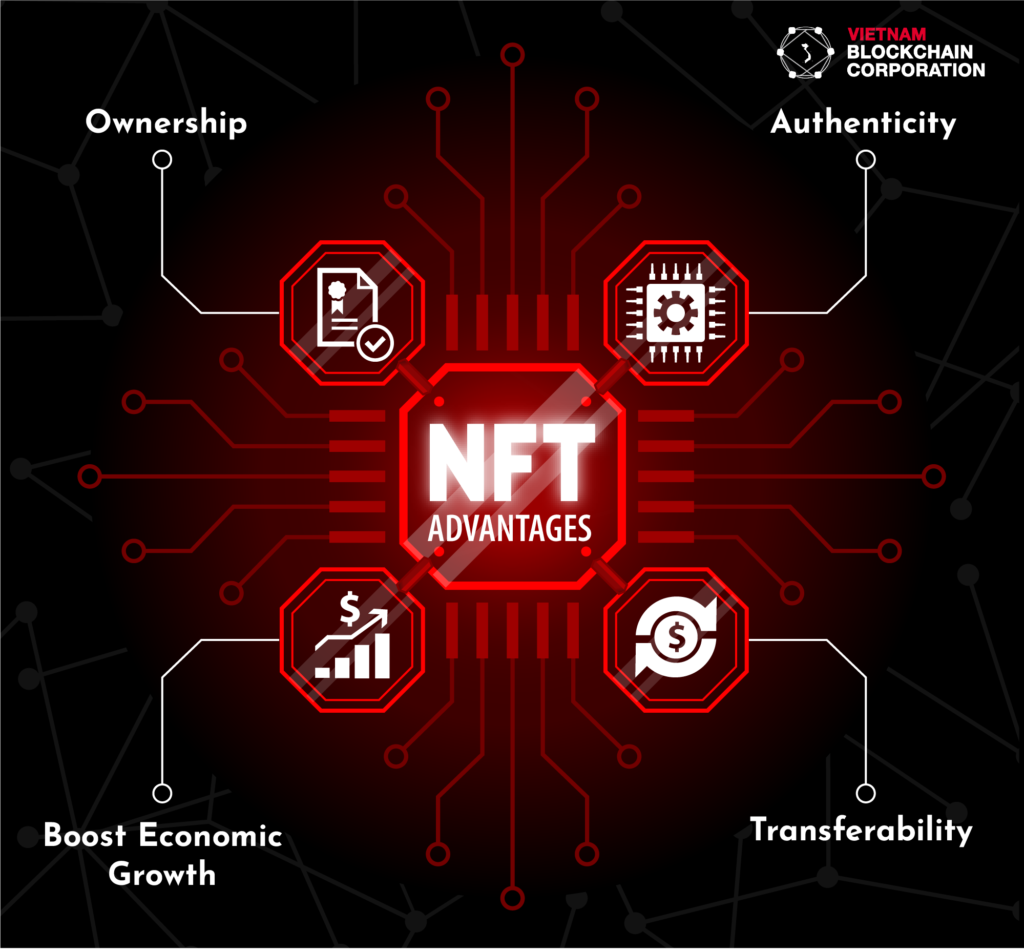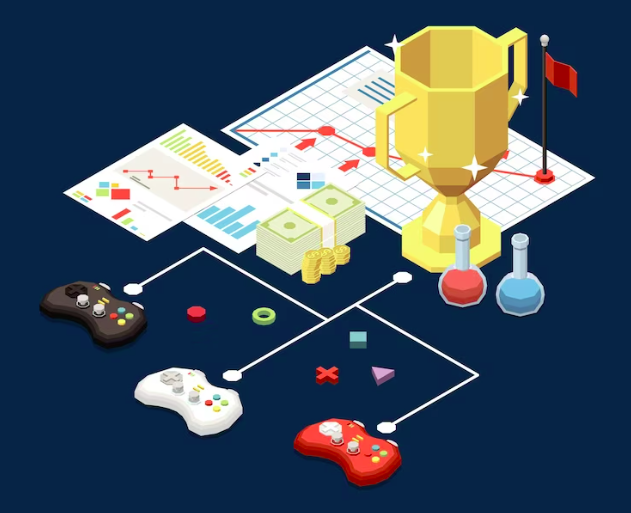NFTs: Unveiling the Origins and Future Applications of Non-Fungible Tokens
The emergence of Non-Fungible Tokens (NFTs) has reshaped the digital landscape, revolutionizing the way we perceive and trade digital assets. This blog post aims to explore the origins of NFTs, shedding light on their current significance and speculating on their future applications.
The Genesis of NFTs:
- Cryptokitties and the Early Days:
NFTs first gained prominence with the introduction of Cryptokitties in 2017, a blockchain-based game where users could buy, sell, and breed unique digital cats. This marked the beginning of the NFT era, showcasing the potential for blockchain technology in creating verifiable and scarce digital assets.
- Ethereum and Smart Contracts:
Ethereum's role in the NFT space cannot be overstated. The platform's support for smart contracts allowed developers to create unique, indivisible tokens, paving the way for the expansion of NFT use cases beyond gaming.
Understanding NFTs:
- Indivisibility and Ownership:
Unlike cryptocurrencies such as Bitcoin or Ethereum, NFTs are indivisible and represent ownership of a unique digital item. Each token is distinguishable and cannot be exchanged on a one-to-one basis like fungible assets.
- Smart Contracts and Standards:
NFTs rely on smart contracts to enforce ownership rules and ensure authenticity. Standards like ERC-721 and ERC-1155 have become integral, defining how NFTs are created, traded, and interacted with across different platforms.
Future Applications of NFTs:
- Digital Art and Collectibles:
NFTs have already made a profound impact on the art world, providing artists with a new way to tokenize and monetize their digital creations. Collectors can own a unique piece of digital art with provenance and authenticity secured by blockchain technology.
- Gaming and Virtual Assets:
The gaming industry is leveraging NFTs to create unique in-game assets that players can buy, sell, and trade across different games. This interoperability enhances the gaming experience and fosters a new dimension of player ownership.
- Real Estate and Tokenization:
NFTs have the potential to revolutionize the real estate market by enabling the tokenization of property. This could make real estate more accessible to a broader audience and streamline the process of buying and selling properties.
- Intellectual Property and Royalties:
NFTs provide a transparent and programmable way to manage intellectual property rights. Creators can embed royalty mechanisms into smart contracts, ensuring that they receive a percentage of future sales whenever their NFTs change hands.
Challenges and Considerations:
- Environmental Concerns:
The energy consumption associated with blockchain networks, particularly those using proof-of-work consensus mechanisms, has raised environmental concerns. As the technology evolves, addressing these concerns will be crucial for the sustainable development of NFTs.
- Regulatory Landscape:
The regulatory landscape for NFTs is still evolving, with authorities exploring ways to ensure consumer protection, prevent fraud, and address legal implications related to tokenized assets.
Conclusion:
Non-Fungible Tokens have transformed the digital realm, offering unprecedented possibilities for creators, collectors, and industries alike. As NFTs continue to evolve, their applications will likely expand into new territories, shaping the future of digital ownership, collaboration, and innovation. The challenges they face will be met with ongoing innovation and a commitment to creating a sustainable and inclusive digital ecosystem.

































